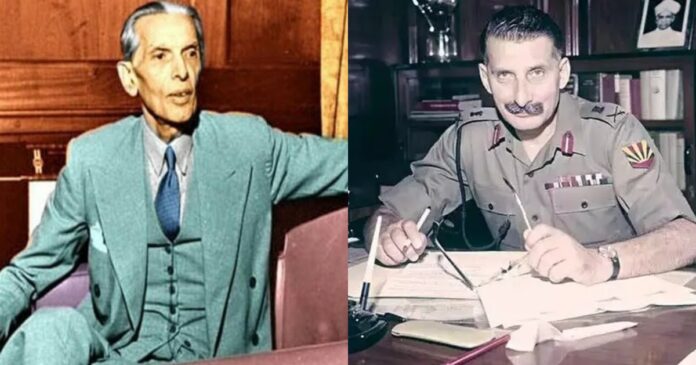In a pivotal moment of history, when Jinnah extended an invitation to Sam Manekshaw to join the Pakistan Army, the response from the legendary military strategist was nothing short of remarkable. In this intriguing episode, Manekshaw’s reaction not only reflected his strategic acumen but also set the stage for the divergent paths India and Pakistan would take. Explore the dynamics of this exchange, unveiling the intricate layers that shaped the destinies of these nations.

Field Marshal Sam Hormusji Framji Jamshedji Manekshaw (1914-2008) stands as a revered figure in Indian military history, now portrayed in the film “Sam Bahadur,” released today. Renowned for both bravery and wit, Manekshaw’s military journey extended over almost four decades, encompassing five wars, including World War II and the pivotal 1971 conflict against Pakistan. In this cinematic portrayal, his leadership during the 1971 war, steering Indian forces to a resounding triumph, takes center stage.
However, the course of history might have taken a distinct turn had Manekshaw made an alternative decision in 1947. Here unfolds the narrative.
Sam Manekshaw
Beyond the geographical split of the subcontinent, the Partition separated various aspects profoundly. From the division of railways to the allocation of government treasury, civil services and government assets, down to the distribution of basic furniture like chairs and tables, everything underwent a thorough division between the two emerging nations.
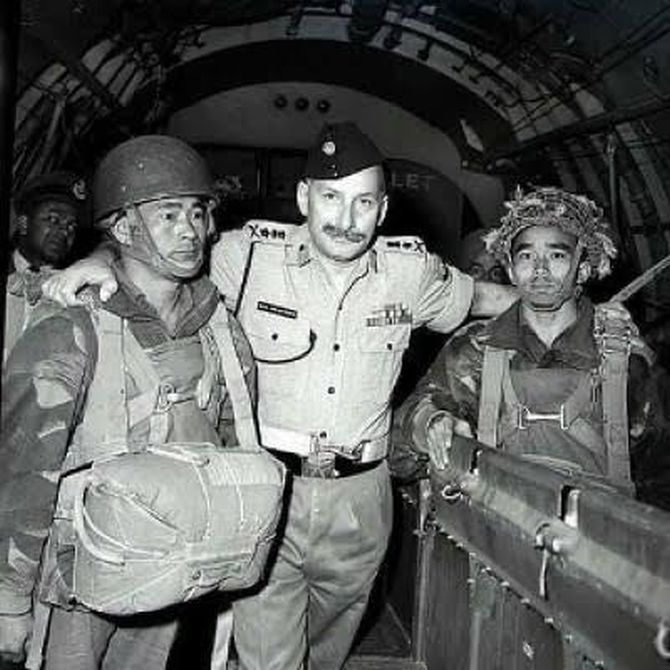
The British Indian Army, boasting a strength of nearly 400,000 in 1947, underwent a partition as well. All assets and native personnel were divided between the two nations, with India receiving around 260,000 men, and the remaining assigned to Pakistan. This partition, much like other aspects in 1947, was intricate and often marked by bloodshed, involving the separation of individual units based on religious lines.
“They had this terrible problem of getting the Hindu squadrons out [of the northwest frontier] without them being murdered by the Pathans… the Muslim Punjabi Squadron protected… and smuggled them out one night,” said Edward.
Facing a dire challenge, the Hindu squadrons in the northwest frontier encountered the peril of potential harm from Pathans. In 1991, British Major Edward McMurdo Wright, an eyewitness to the Partition, recounted in his memoir how the Muslim Punjabi Squadron safeguarded and clandestinely escorted the Hindu squadrons out one night.
Officers chose to stay in India
Enlisted men lacked the authority to choose their army, but officers, at least officially, had the privilege of making that decision.
In his 1985 book “End of Empire,” historian Brian Lapping noted that officers were provided with a form to document their preference. Hindus and Sikhs had limited choices, as Pakistan didn’t accept them. However, Muslims, especially those with homes in what would become India, often opted for the secular army in a secular state. Christian and Parsi soldiers also confronted a comparable decision.
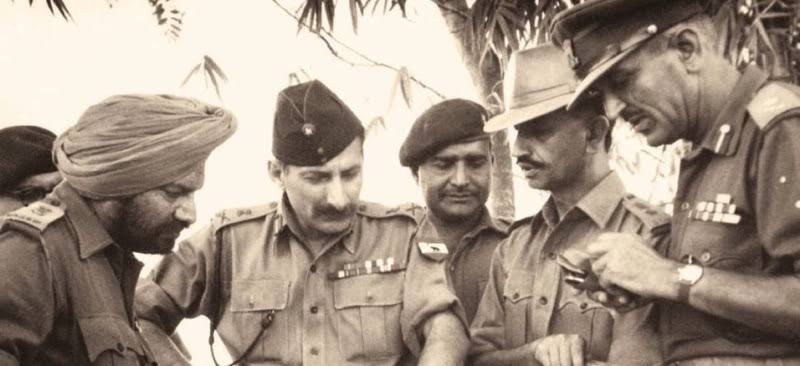
A Major at the time, Sam Manekshaw, born a Parsi in Amritsar with family roots in Bombay (now Mumbai), experienced his formative years in Punjab’s city before studying at Sherwood College in Nainital. The 12th Frontier Force Regiment, his parent unit, joined the Pakistani Army. Consequently, Manekshaw found himself at a crossroads, compelled to make a decision.
Bahadur made this choice, but Why?
Indeed, Pakistan’s founding father, Muhammad Ali Jinnah, personally urged Sam Manekshaw to join the Pakistani Army. Fortunately for India, Manekshaw declined Jinnah’s request even though Pakistan offered promising career opportunities for such a skilled officer.
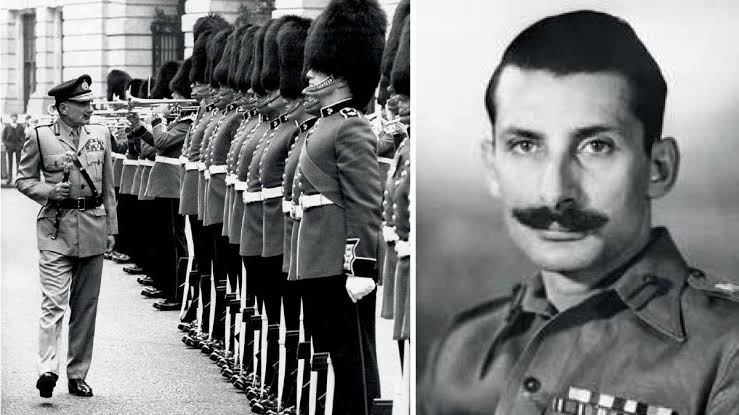
Colonel Teja Singh Aulakh, quoted in Hanadi Falki’s biography of Field Marshal Manekshaw, noted that agreeing with Jinnah would have accelerated promotions in the Pakistan Army. However, Sam chose to stay in India. In 1947, the British Indian Army’s top leadership mostly comprised British officers, creating a leadership void for both India and Pakistan. Pakistan faced a particular challenge, as many native officers were Hindu or Sikh and opted to stay in India. Consequently, young Pakistani officers anticipated swift advancements in their careers.
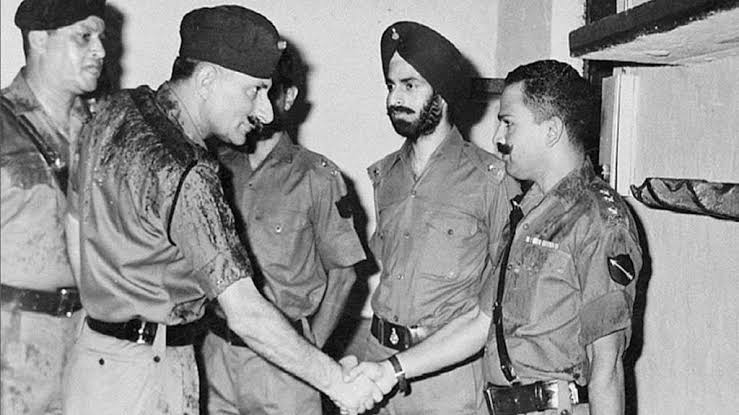
After a brief stint with the 16th Punjab Regiment, Manekshaw, as Lieutenant Colonel, moved to the 5th Gorkha Rifles. However, he didn’t serve with Gorkha troops but was assigned to the Army Headquarters’ Military Operations Directorate during the 1947-48 Kashmir War. In jest, when questioned about his 1947 decision after retirement, Field Marshal Manekshaw remarked, “Jinnah had asked me to join the Pakistan army in 1947. If I had, you would have had a defeated India [in 1971].
In the intricate dance of decisions during the Partition era, Sam Manekshaw’s pivotal choice not only shaped his illustrious career but also became a linchpin in India’s destiny. The echo of that decision resonates in the triumphs and challenges of both nations. As we reflect on the twists of history, one can’t help but wonder about the alternate course that might have unfolded had Manekshaw heeded Jinnah’s call. History, in its complexity, often hinges on the choices of individuals.
Read more: Giorgia Meloni & Modi breaks the internet with their Melodi selfie Moment

